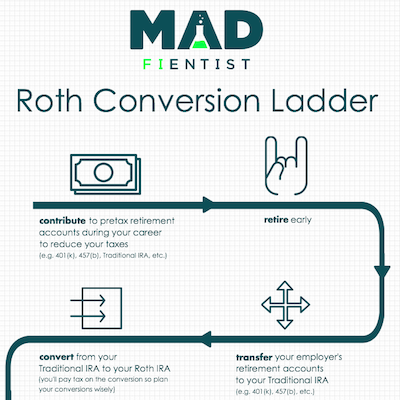Yeah, generally international would mean finding a fund that is categorized as something like "Global ex-[your country here]". Good question about living in a developing country though. Part of the reasoning for investing domestically is protecting yourself from currency exchange rates but I do know that depending on the area the currency situation is pretty volatile in general. So that reasoning may not hold up. It's not something that I have a very good idea about.
Now as for the withdrawal rate question, a very good point!
As I'm sure many people are aware, the 4% withdrawal rate came from the famous Trinity Study. However, its data is fairly out of date and maxed out at 30 years of retirement. I found what seems like a good source of extended analysis
Updated Trinity Study For 2021 - More Withdrawal Rates! - The Poor Swiss
So as a summary, 4% is still plausible depending on your retirement duration but for anyone who is looking at 40+ years of retirement you may want to downgrade to 3.5% or slightly lower.
And they didn't go too much into depth about sequence of returns risk but there is a small mention of it. The best chances of success are in 100% stocks, but simultaneously it has the earliest time-to-failure on the times when it does fail. So you'll certainly want to pad out the years just before and after retirement with more bonds.


:max_bytes(150000):strip_icc()/GettyImages-1171809251-50072d74e41c43c3a2452004a7de49c8.jpg)
